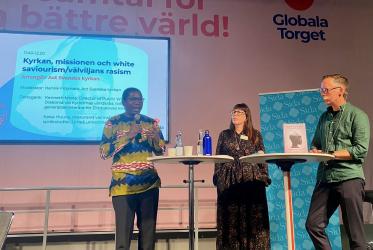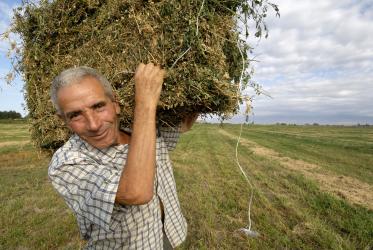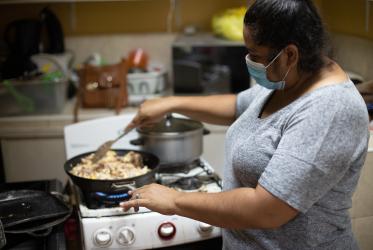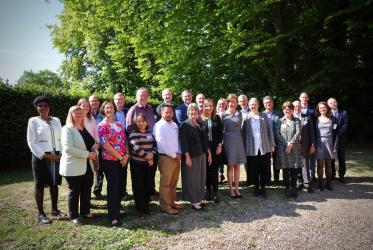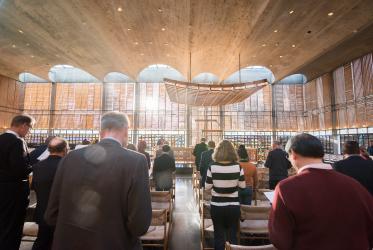Displaying 1 - 20 of 30
WCC Eco-School begins in Crete
15 November 2023
Ukraine: Responding to humanitarian need
08 September 2022
WCC posts job openings for leadership staff
27 January 2022
Diakonia: “a tool to reach abundance of life”
24 July 2018
Seven weeks of Lent highlight water justice in Latin America
12 February 2018
G20 summit: call to pray for peace in Hamburg
07 July 2017


